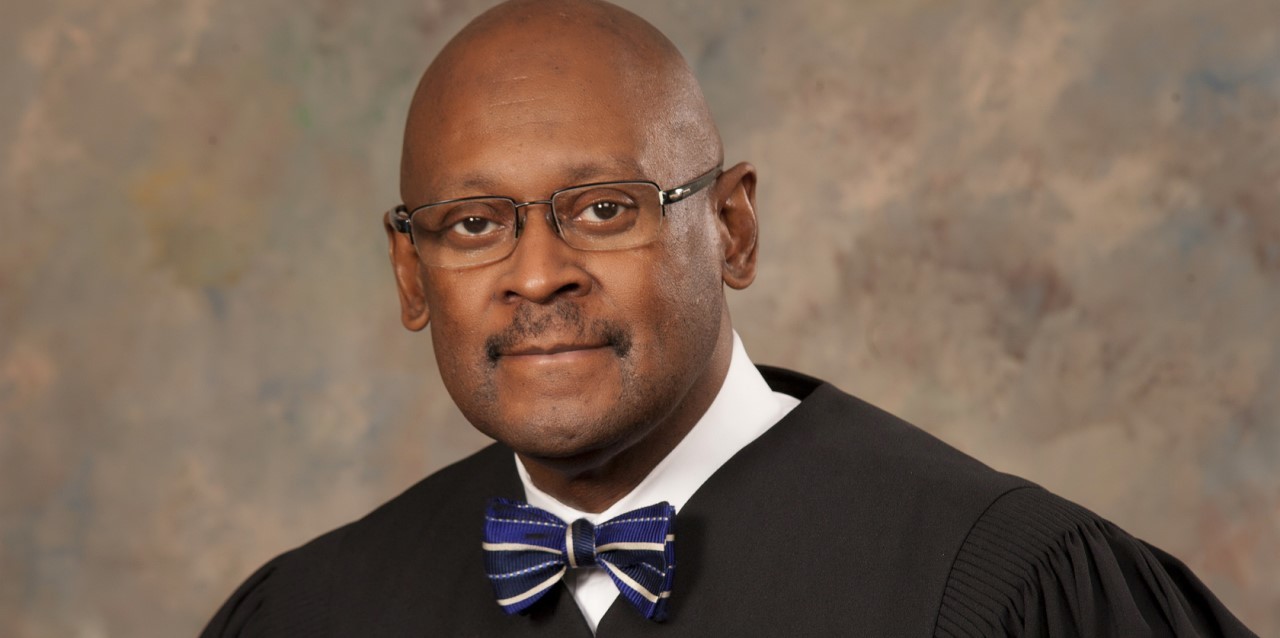The Illinois Supreme Court has ruled the Illinois Workers' Compensation Commission was wrong to deny benefits to a Chicago chef, who injured his knee while going from a kneeling to a standing position, saying the movement may be an everyday action, but was one required by his job.
The Sept. 24 decision was penned by Justice P. Scott Neville Jr., with concurrence from Justices Thomas Kilbride, Rita Garman, Lloyd Karmeier, Mary Jane Theis and Chief Justice Anne Burke. Justice Michael Burke did not take part.
The ruling favored Kevin McAllister, who worked as a sous-chef at North Pond restaurant in Chicago's Lincoln Park neighborhood. In August 2014, he kneeled in a walk-in cooler, while looking for a pan of carrots misplaced by a fellow worker. When McAllister stood, his right knee popped and locked up, court papers said. Surgery was done and he went back to work five weeks later, but had to take pain medication and undergo therapy. He did not receive workers' compensation benefits for the five weeks.
An arbitrator determined McAllister was injured while performing a work-required task, according to court documents. McAllister was awarded benefits for temporary total disability, permanent partial disability and medical costs. The arbitrator also imposed penalties on the restaurant, finding the restaurant's refusal to pay benefits for the five weeks was "dilatory, retaliatory, and objectively unreasonable." The business was further ordered to pay McAllister's legal expenses.
The restaurant appealed to the Illinois Workers' Compensation Commission, which reversed the arbitrator, saying the act of standing, from a kneeling position, was an everyday movement, not unique to McAllister's work. McAllister went to Cook County Circuit Court, where he lost, and then to Illinois First District Appellate Court, where he was also denied.
However, at the state's highest court, McAllister's position was validated.
"The acts that caused claimant’s knee injury were risks incident to his employment because these were acts his employer might reasonably expect him to perform," Justice Neville said.
Neville added McAllister was "rendering reasonably needed assistance to a coworker in furtherance of the employer’s business," which consisted of "extending ordinary courtesies to fellow employees."
Neville observed McAllister's kneeling action was the natural thing for the sous-chef to do.
"'It would be contrary not only to human nature but to the employer’s best interests to forbid employees to help each other on pain of losing compensation benefits for any injuries,'" Neville said, quoting from the book, Larson's Workers' Compensation Law.
Nevile said that in reaching his decision, he relied on the 1989 appellate ruling in Caterpillar Tractor v. Illinois Industrial Commission. That ruling laid out that common bodily movements are worthy of compensation, if the movements were connected to employment.
The state supreme court ordered McAllister be given the compensation awarded by the arbitrator.
The Illinois Trial Lawyers Association filed friend-of-the-court arguments in support of McAllister.
McAllister has been represented by Elfenbaum, Evers & Amarilio, of Chicago.
North Pond has been represented by Hennessy & Roach, of Chicago.
